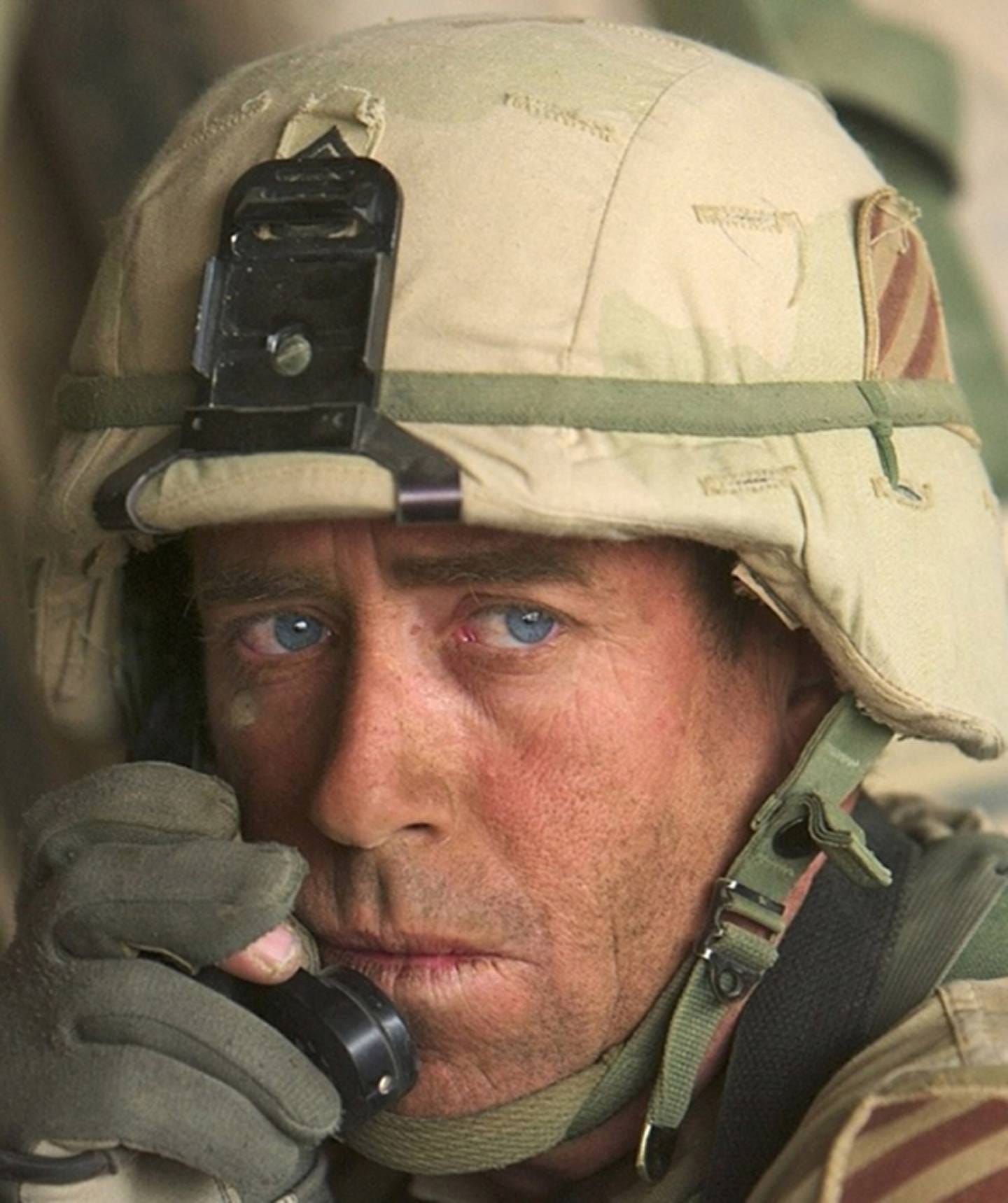Introducing George Chidi of The Atlanta Objective
On crime, policing, inequality, and opportunities in Atlanta. Featuring an eye-opening drive down Peachtree Street, from Buckhead to The City Jail.
This is a story about the often overlooked or underexplored forces shaping the city of Atlanta — courtesy of the tenacious and fair-minded reporting of a local journalist named George Chidi.
Chidi is the creator of a newsletter called The Atlanta Objective.
I discovered his work in June when he was chosen as one of twelve independent journalists from around the world to win support from Substack Local — a million-dollar initiative by the Substack newsletter platform — to help reconstitute a “local news ecosystem” that has, in recent years, been decimated.
“Atlanta is a glittering Black Mecca in the media,” Chidi writes, “and the inequality capitol of America at the same time.”
A week ago, George Chidi and I had a Wavemaker Conversation — actually two — focusing on crime, policing, poverty and mental health.
We spoke about what he’s discovering from his examination of crime statistics and indictments, and from his conversations with local power brokers including mayoral candidates, city council members, police officers, prosecutors, neighborhood leaders, social justice activists, and others.
Among the highlights:
The role of gang violence in Atlanta’s crime spike, its connection to local clubs and a segment of the music industry, and why there have been shootings on I-85.
Solutions in the works to fuse policing with justice, equity and compassion — including a Pre-Arrest Diversion approach that Chidi helped design.
How his time in the Army made him a better writer and student, and ultimately led him to an MBA at Georgia Tech and a career in journalism devoted to Atlanta.
His take on the “Buckhead City” debate — over whether Atlanta’s wealthiest district should separate from the city, or whether a united Atlanta is a safer Atlanta. If you only have two minutes, just click play on the excerpt below.
After our conversation, I asked Chidi to get behind the wheel and narrate a drive down Atlanta’s iconic artery — Peachtree Street: from Buckhead to The Atlanta City Jail. What does George Chidi, one of the keenest observers of Atlanta, see when he looks out the window?
Through Chidi’s eyes, the drive is eye-opening.
Among other things, he introduces us to the story of a woman he is calling “Harmony,” who was living in a state of squalor that was, in his words, “too much to bear for an observer with a soul.” Click play below for a 73-second excerpt.
One final note about George Chidi. He dug deeper into Harmony’s story. Much deeper. The unforgettable details of his reporting are in his piece entitled Atlanta’s Mental Health Problem — and Ours, published this past week in The Intercept.
If you read it, you will understand why, during the course of his digging, he walked into a mostly empty movie theater one afternoon, “found a private spot in a dark corner, and wept where no one could see me.”
And then he got back to work — to identify the holes in the system that allow people like Harmony to wind up on the street — so that the holes might be repaired.
If you are finding this Wavemaker Conversations Newsletter informative, entertaining, and even inspiring, please take a moment to subscribe.
I’m creating a space here where curiosity meets hope. By entering your email address now, you’ll receive future installments of my newsletter in your inbox.
In Case You Missed It …
Here is my recent Wavemaker Conversation with neurosurgeon and CNN chief medical correspondent Dr. Sanjay Gupta.
Looking Ahead …
Next week, for Veteran’s Day, I plan to share the story of Command Sgt. Maj. Bob Gallagher — whom I profiled in 2005 for CNN. His buddies called him The Metal Magnet because of how often he had been under fire, from the Blackhawk Down battle in Mogadishu, to Highway 8 in Baghdad.
“I was a juvenile delinquent,” he told me.
My mother passed away when I was young — 6, 7 years old — left my father to raise myself and my two brothers. I did not finish high school. I just decided on my own, I’m either going to stay in this town and probably wind up in jail, or I’m going to get up and go. And I got up and went.
Bob Gallagher went on to become a leader, the highest-ranking non-commissioned officer in the 3rd Infantry Division’s First Combat Brigade, known for keeping his cool and inspiring confidence in the heat of battle.
Years later, well after his final deployment in Iraq, he let me know what a toll those deployments had taken on him, as they have on so many service members. Wounds that were not always visible — “wounds above the neck,” he called them.
The story of The Metal Magnet, on The Wavemaker Conversations Newsletter, next week.




